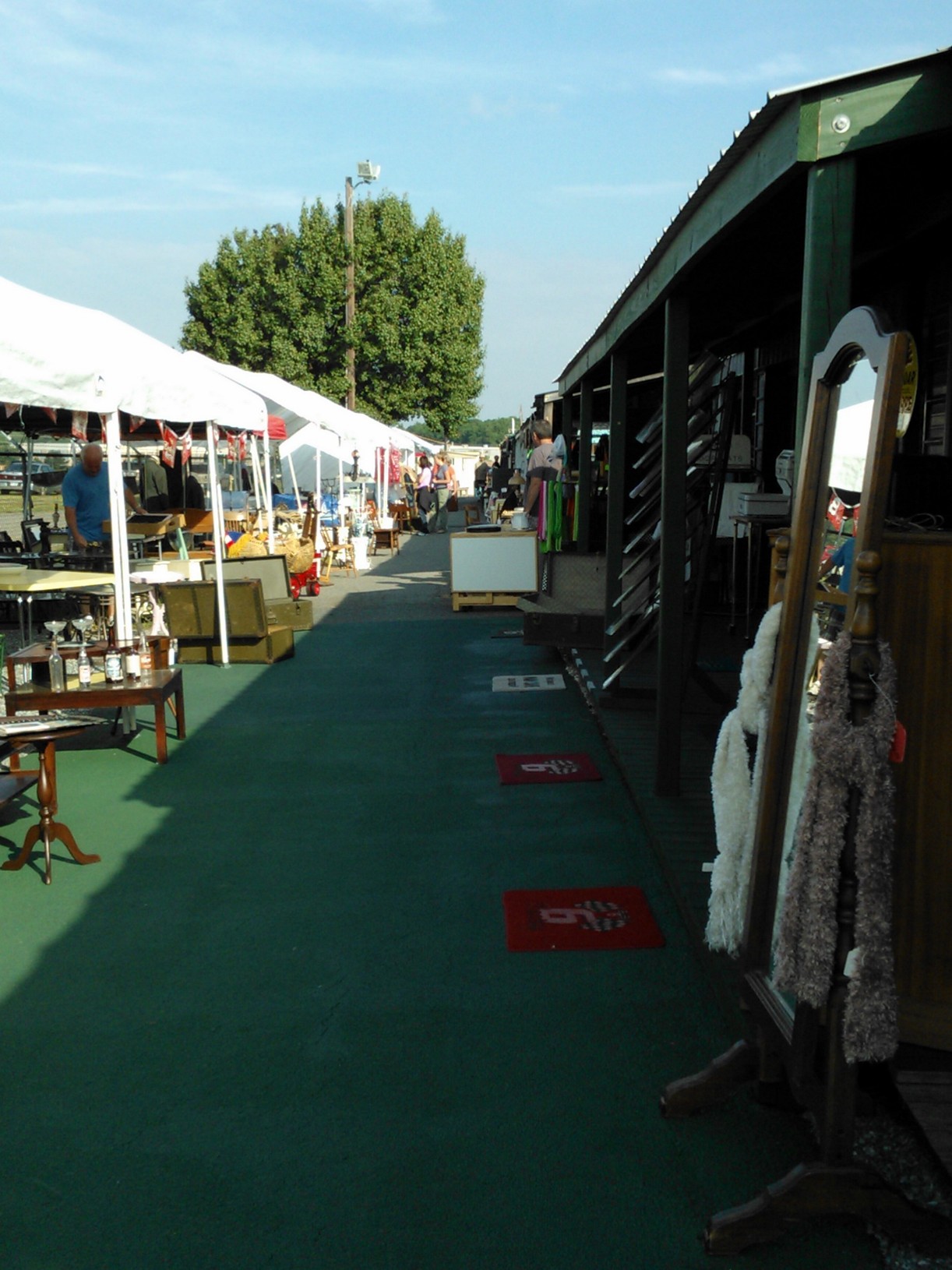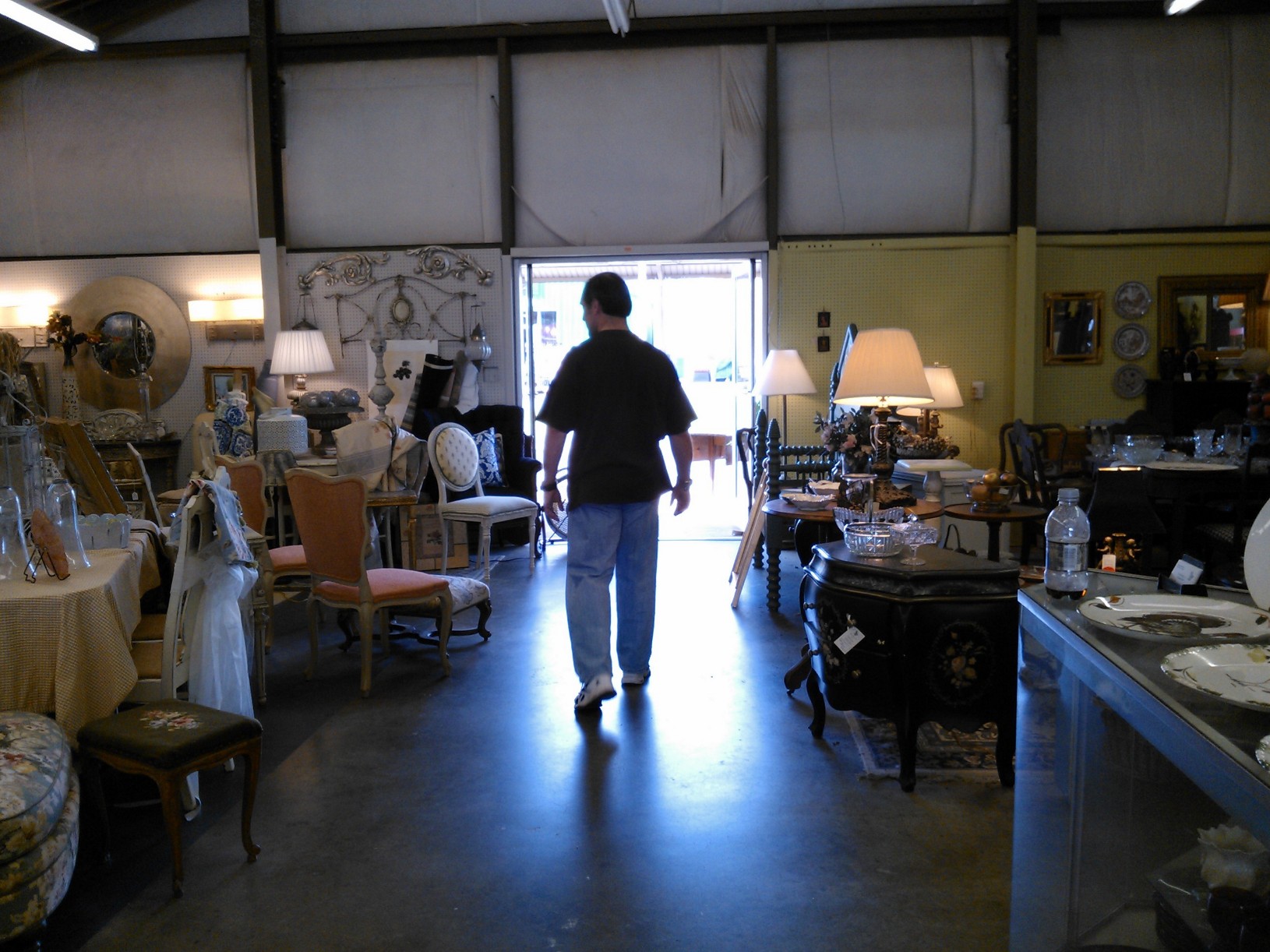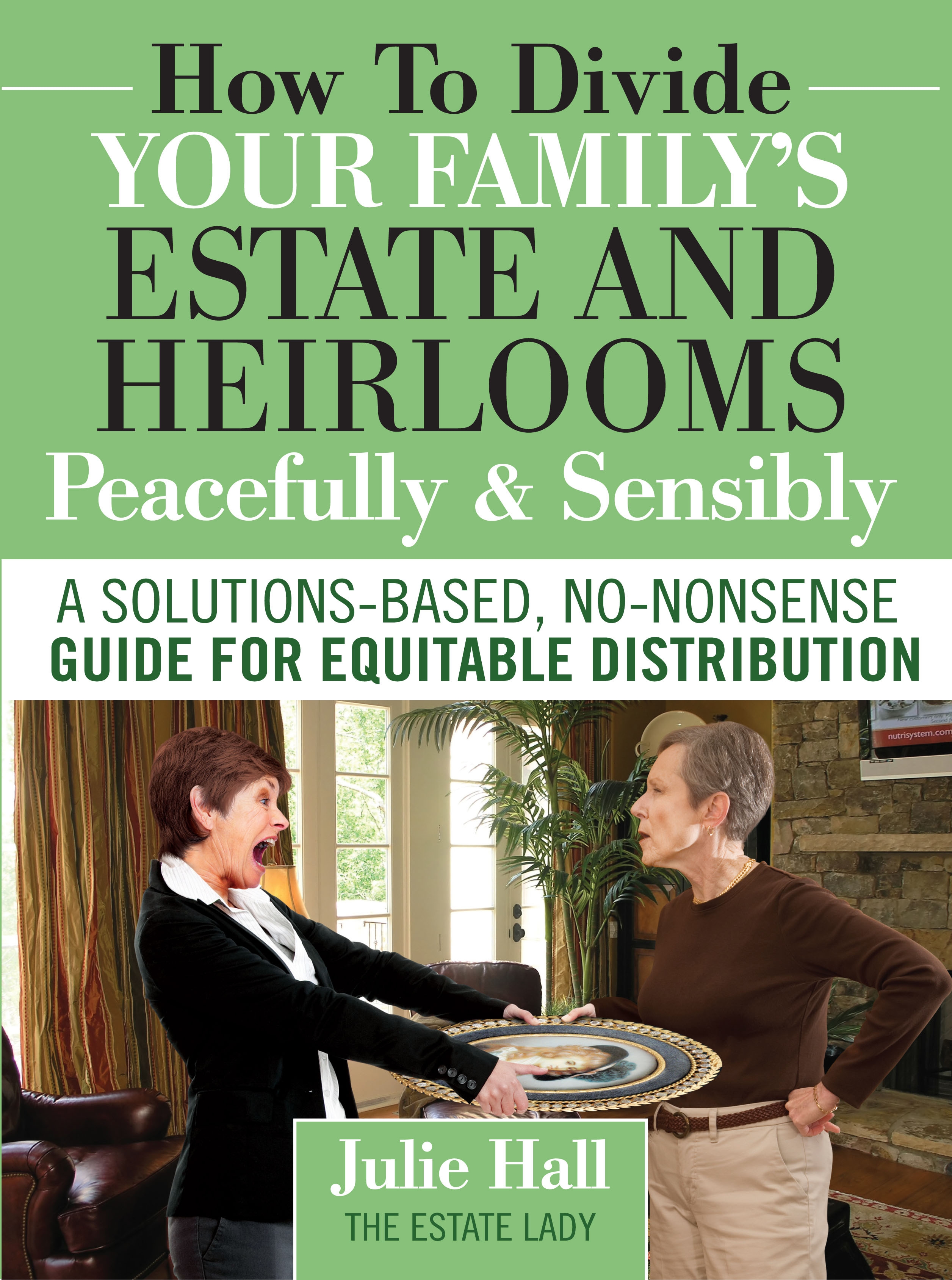When it comes to making arrangements for estate distribution upon one’s death, too many of us are seized with a dramatic disease called procrastination (with a touch of denial). We will all pass away one day; it’s a certainty. But many do nothing about it while they are still very much alive. They think in terms of “if” I die, not “when” I die. Denial makes them procrastinate on very important personal decisions. Should a crisis occur, are you and your loved ones prepared at all?
Procrastination and denial have a remedy called “AWARE.”
A stand for Anguish, Anxiety, even Anger
When a loved one dies and leaves no instructions on what to do with his/her estate and personal possessions, loved ones left behind become angry and resentful at having to mentally and physically handle another person’s lifetime accumulation, especially if nothing was done ahead to prepare and discuss. The frustration, anxiety, and guilt are evident in their voices when they call me to help them dispose of the household possessions.
Alleviate this emotional strain by spending a small amount of time now, when you are mentally and physically able to arrange your affairs yourself. A serious crisis rarely gives you any warning.
W stands for Will/Trust
Don’t leave life without one of these. Your Last Will and Testament/Trust is the wisest document you can possess. Have an attorney help you; template forms may not hold up in the statutory process for distributing assets. Not just for those of wealth, a will is important for every well-prepared individual. You need a will to insure you have designated the rightful beneficiaries and will eliminate other potential problems.
Other estate planning documents to discuss with an attorney include a Durable Power of Attorney, a Healthcare Power of Attorney, and a Declaration of Desire for a Natural Death, better known as a Living Will. The investment of time and money here is well worth it, compared to the anguish you may cause your family and friends without these documents.
A stands for Action
Once you have your will in hand, develop a written plan that lists important people who could help your family or friends after your death. Research and record those you consider to be trusted resources and experts, including their name, address, contact information, and explanation of what they do. Maintain this plan of action with your will, so your family can find this upon your death.
These resources could include your attorney, financial planner, banker, real estate appraiser, personal property appraiser, estate sale professional, realtor, and other experts you trust to consult about a collection you may have (stamps, guns, books, coins, art). Wisely include in your written plan the location of your address book, so out-of-town family and friends can be notified of your death. Always make sure someone you really trust has passwords and keys to your computer, safe, and home.
R stands for Responsibility and Respect
Responsibility is one of the most lasting characteristics you can leave a family member or friend who must close out your affairs after your death. When you have taken personal responsibility to handle your estate ahead of time, you are actually leaving a legacy of kindness and respect for those who must settle your affairs. They will appreciate it and learn by example.
E stands for Educate
Educate yourself by taking a personal inventory and appraisal of your personal property and how you want it distributed. Educate others as to what is valuable to you and find out what may be valuable to them. For example, your daughter might value a chipped ceramic plate that was the platter for family birthday cakes — no monetary value but heaping sentimental value for her. Give away as much in life as you feel comfortable in giving.
Be AWARE of how you want people to remember you when you are no longer here to tell them yourself!
©2015 The Estate Lady®
Julie Hall, The Estate Lady®, is the foremost national expert on personal property in estates, including liquidating, advising, and appraising. http://www.TheEstateLady.com She is also the Director of American Society of Estate Liquidators®, the national educational and resource organization for estate liquidation. http://www.aselonline.com.
No part of The Estate Lady® blogs, whole or partial, may be used without Julie Hall’s written consent. Email her at Julie@TheEstateLady.com.







